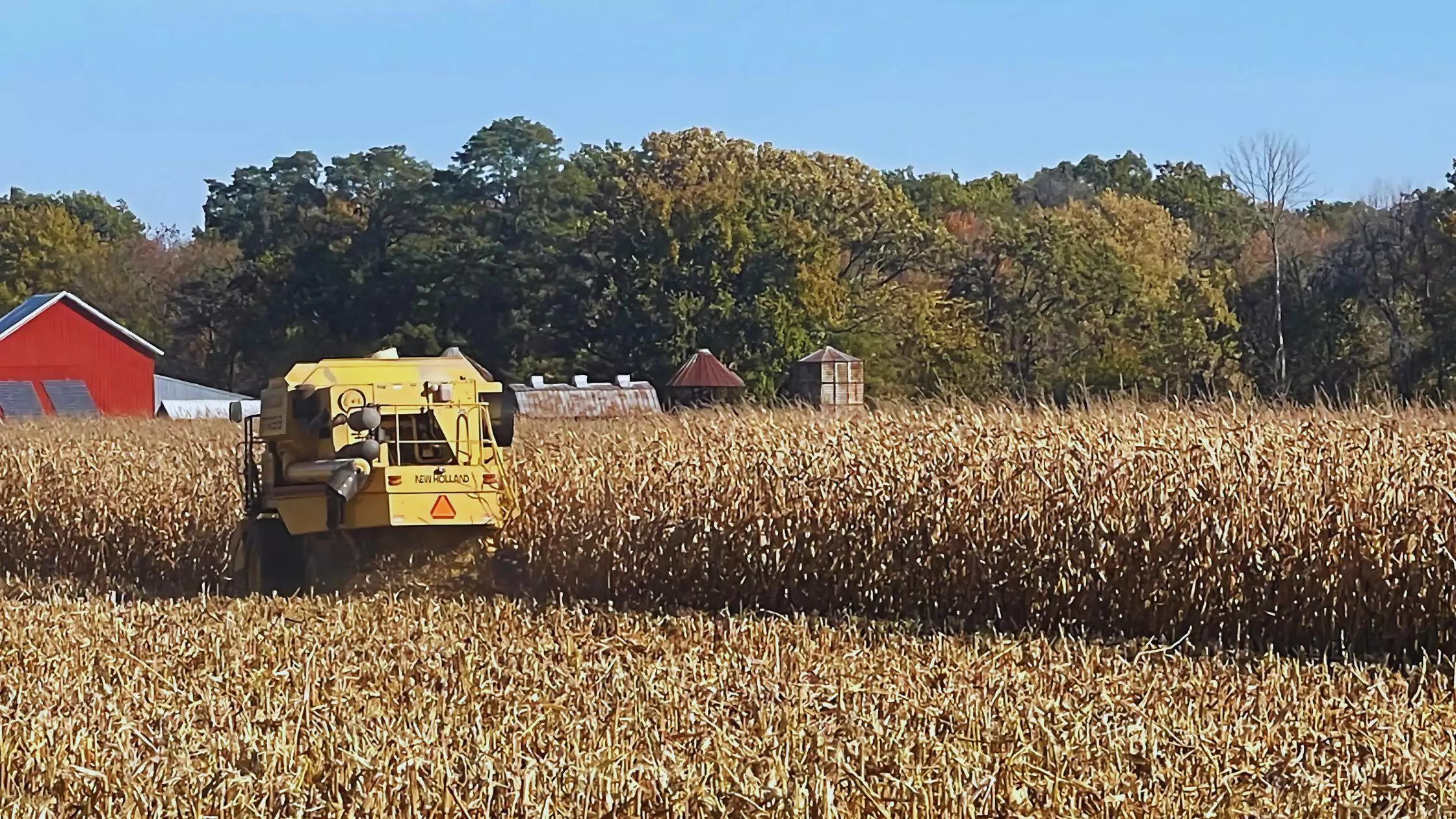Farm Payroll 101: Essential Tips for Success

Authored by: Diane Payne — Partner, EA | Updated On: September 25, 2025
Featured Topics:
Managing a farm is a demanding task. Beyond the crops and livestock lies the important responsibility of handling farm labor and payroll. For U.S. farmers, this often means working through complicated federal and state regulations to stay compliant. Even small payroll mistakes can result in costly penalties from the IRS, the Department of Labor, or state workforce agencies.
In 2025, agriculture regulations are changing significantly, from new penalties for payroll errors to legal challenges affecting the H-2A program. With the IRS seeing an uptick in costly fines for payroll missteps and the Department of Labor suspending a major farmworker protection rule, staying informed is more important than ever. For many family-owned farms, that financial strain can be overwhelming.
To help avoid such risks, we have outlined key payroll management practices and compliance considerations for agricultural employers.
Understand the Regulations
Agricultural employers face unique payroll rules compared to other industries, with exemptions and special provisions under federal labor and tax laws. Key acts to be familiar with include:
- Fair Labor Standards Act (FLSA): Sets national employment standards for minimum wage, overtime, and record-keeping in farm labor. While some farm workers are exempt from federal overtime, many states are now enforcing stricter rules and lowering overtime thresholds for agricultural workers in 2025.
- Migrant and Seasonal Agricultural Worker Protection Act (MSPA): Requires disclosure of working conditions, proper wage statements, and housing or transportation standards when employing seasonal or migrant workers.
- Federal Insurance Contributions Act (FICA): Farms must pay Social Security and Medicare taxes for most employees if wages exceed $150 per worker or $2,500 total annually. This threshold remains in effect for agricultural employees in 2025.
- H-2A Visa Program Regulations: Farms hiring foreign seasonal workers must still adhere to farmworker protection rule guidelines, including regulations for housing and transportation, as well as specific H-2A wages, known as the Adverse Effect Wage Rate. In 2025, the U.S. Department of Labor suspended the enforcement of a new rule, reverting to prior regulations. Farms should stay informed about this evolving legal situation.
- State-Specific Labor Laws: Some states now require paid sick leave or have heat protection requirements for farm workers. Always check your state’s specific laws, as they often expand in scope.
Understanding these regulations sets the foundation for managing payroll correctly.
Implement a Payroll System
Manual payroll tracking leaves a farm open to error, especially when seasonal labor fluctuates. Today, nearly 84 percent of U.S. farms use digital platforms for financial tracking, and payroll integration is becoming standard practice.
A dependable payroll system can:
- Automate wage calculations and tax withholdings
- Handle variable schedules and piece-rate pay common in farm work
- Provide digital storage of records for DOL or IRS audits
With IRS payroll-related penalties set to increase in 2025, and a new 20% penalty for erroneous refund claims now in effect, automation can help reduce costly mistakes.
Keep Accurate Records
Farm audits often come down to recordkeeping. The DOL requires farms to maintain detailed logs of hours worked, wages paid, and deductions.
Farms that consistently keep accurate records are 68 to 72 percent less likely to face audits or back-wage claims compared to those with inconsistent documentation. Digital time-tracking tools designed for outdoor and field labor can help improve accuracy and save clerical time.
Classify Workers Correctly
Another major challenge in agriculture is properly classifying workers as employees, independent contractors, or H-2A visa holders. Misclassification is one of the top three payroll violations for farms.
- In 2024, the number of farm labor misclassification audits increased by 11 percent compared to the prior year.
- The average penalty for misclassifying a worker in agriculture is now 6 to 7 percent of the total payroll liability, excluding potential back wages.
Accurate classification helps reduce legal risks and safeguard against fines.
Stay Up-to-Date on Tax Obligations
Taxes can be tricky, but staying informed about your tax obligations is non-negotiable. This involves staying up to date with changes in tax laws and making sure that all withholdings and filings are accurate and timely. Farm payroll tax obligations include:
- Federal Unemployment Tax (FUTA): Applies if you paid at least $20,000 in wages in a calendar quarter or employed 10 or more farm workers during at least 20 weeks of the year.
- FICA Requirements: Apply to most workers, but family members or children under 18 may be exempt under farm-specific rules.
- State Unemployment Insurance (SUTA): Rules vary, and several states expanded coverage of farm labor in 2024 and 2025.
Because tax codes change frequently, many farms rely on agricultural CPAs to prevent errors.
Conduct Regular Audits
Make it a habit to conduct periodic payroll reviews to check that operations are functioning properly. Best practice is to review payroll records and practices at least twice a year. These audits can identify:
- Wage calculation errors for seasonal or part-time staff
- Incorrect benefit withholdings for permanent agricultural employees
- Gaps in overtime or housing-related compliance for H-2A workers
Farms conducting regular audits are 50 percent faster at detecting and correcting errors compared to those that do not.
Seek Professional Advice
When in doubt, seek out the advice of a professional. Whether it’s a seasoned accountant or a farm management consultant, professional guidance can confidently help you work through the challenges of farm payroll management. MBE CPAs takes great pride in rooting ourselves in the agricultural industry that feeds our nation. We strive to help agribusiness leaders maintain compliance and profitability. For farmers looking for hands-on support with payroll processing, Payroll Solutions is a trusted resource for handling all of your payroll needs.
These simple tips can simplify your farm payroll operations, help with compliance, and maintain your farm’s financial health. Remember, the key to managing farm payroll successfully is staying informed, organized, and proactive. Happy farming!
